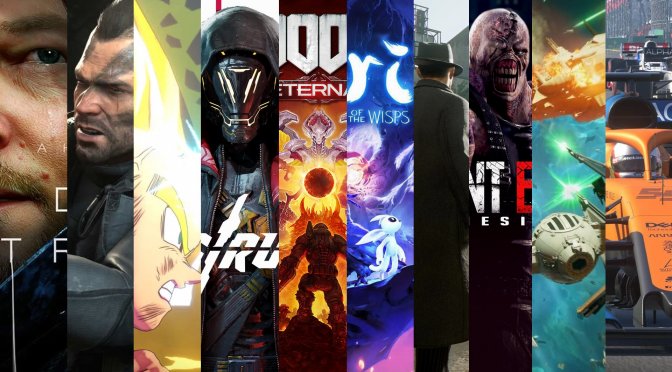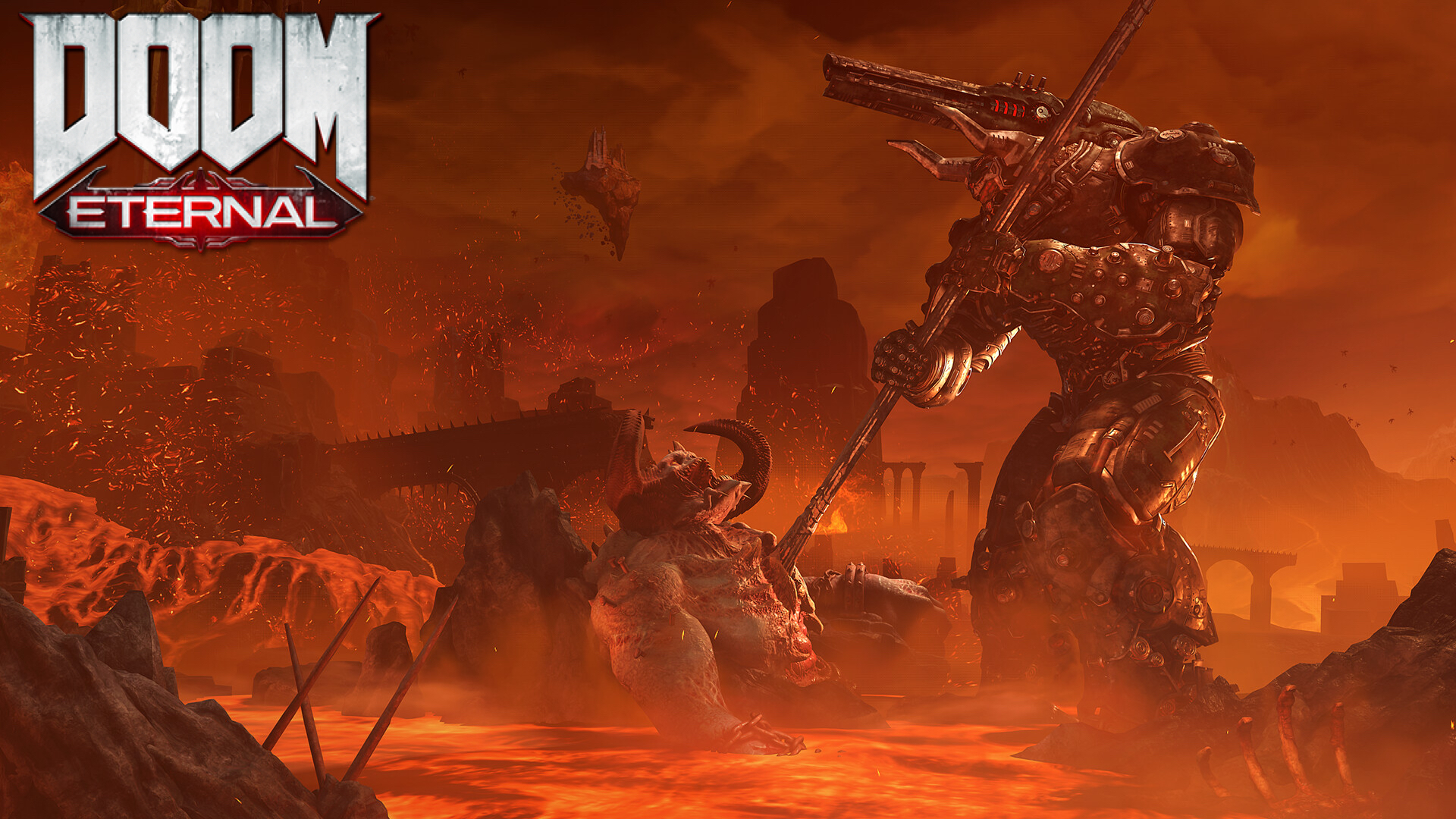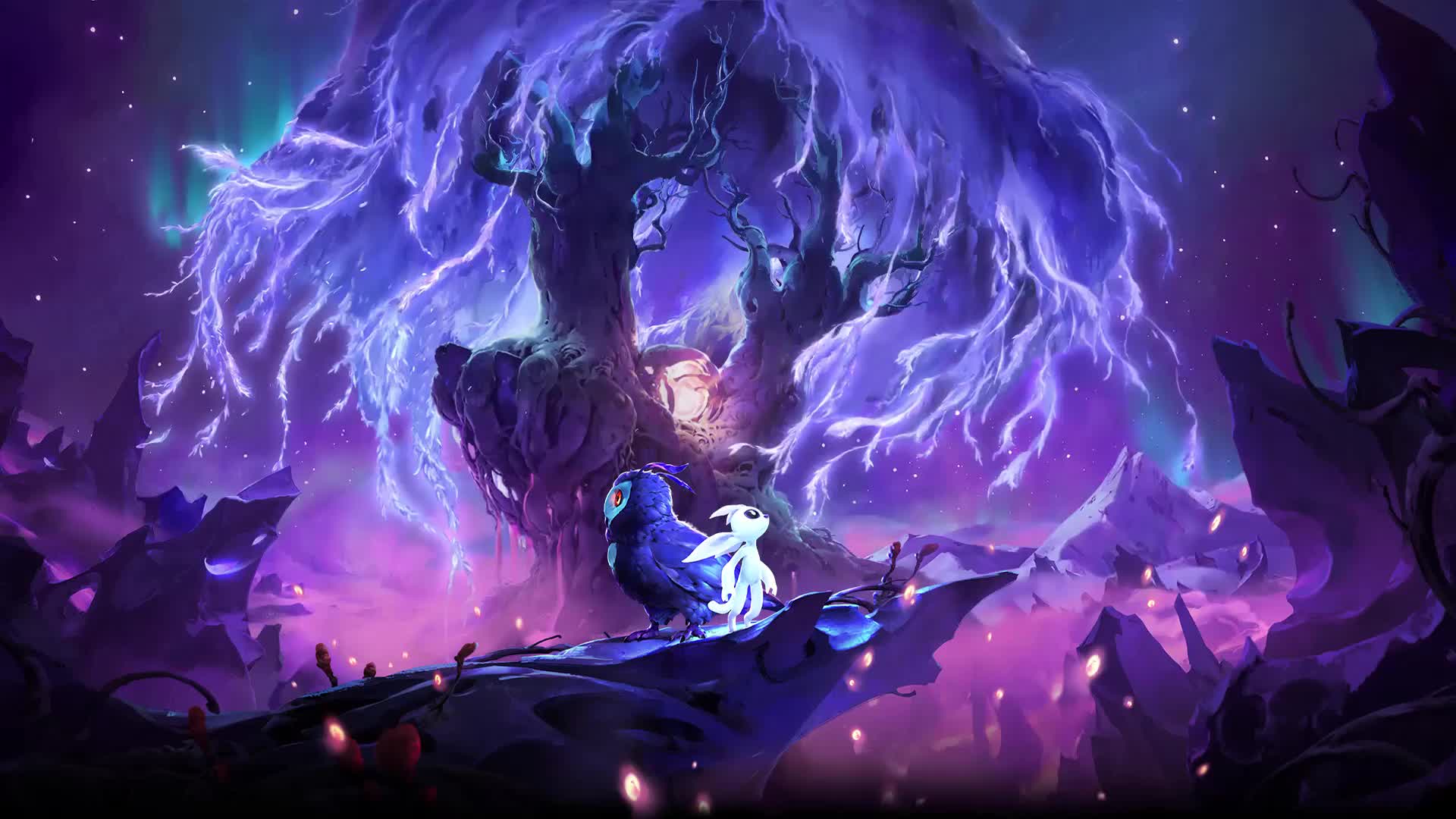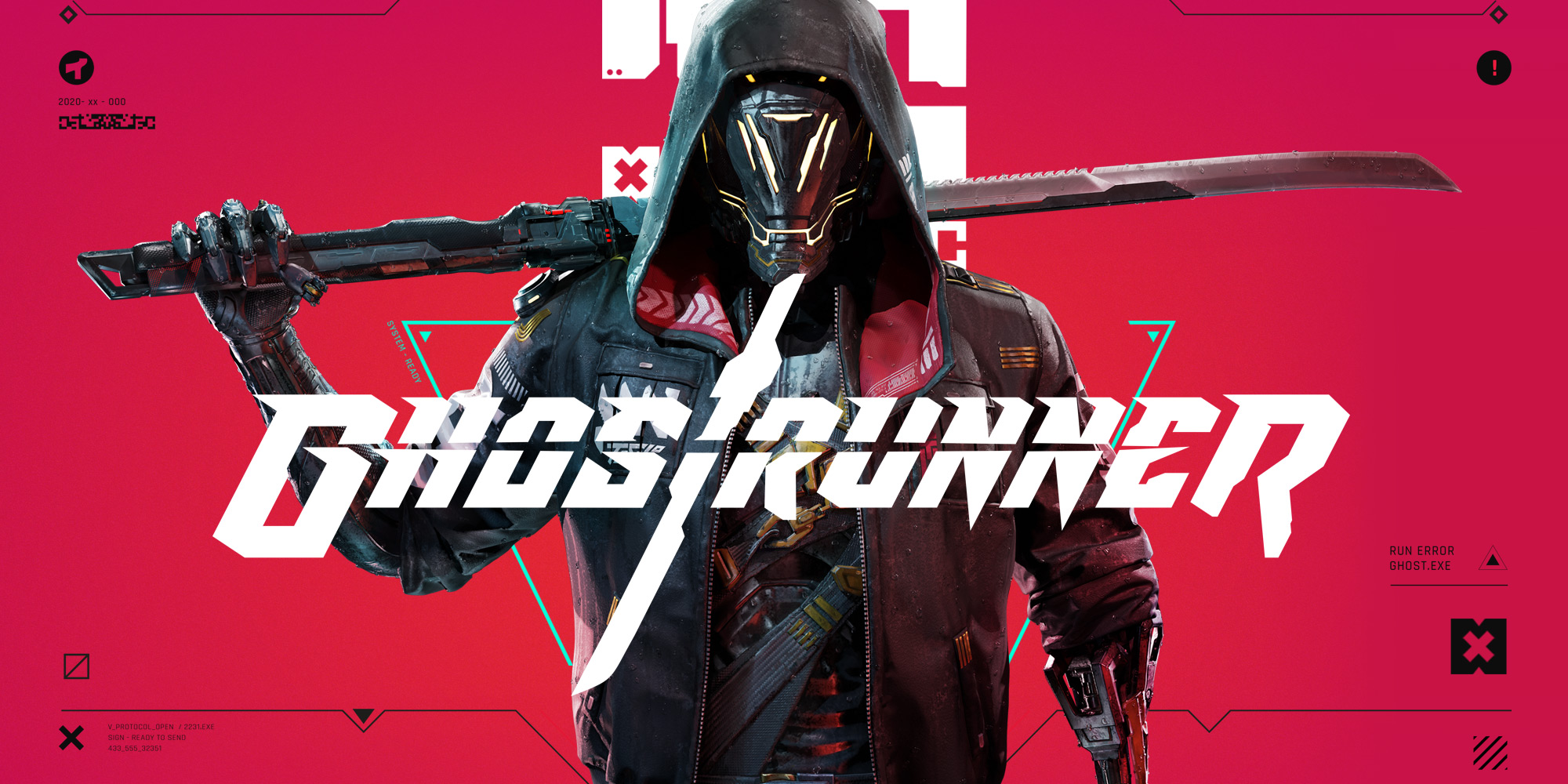Best PC game. In this article we will talk about the best PC game in 2022. This article will help you a lot to find the best PC game. In this article we will talk about the top 5 PC games. PC gamers are never kept from extraordinary new games to play. Here are the absolute best computer games we've played and cherished in 2022 up until this point.
- Doom Eternal
- Ori and the Will of the wisps
- Death stranding
- Ghostrunner
- Resident Evil 3 Remake
1. Doom Eternal:
we are practically 100% sure that by far most of you saw that coming. Constrained by id Tech 7, Obliteration Never-ending is the most upgraded PC round of 2020. The game runs smooth and looks ideal on an enormous number of PC arrangements. It similarly offers a huge proportion of representations settings and customization decisions. That, yet we experienced no mouse speed increment/smoothing issues, or any packaging pacing issues. This is a resolute PC release, so credit to id Programming for conveying such a cleaned thing.
Destruction Everlasting is at its best when it is shouting at you to move quicker. As it pushes the devices to independently kill the rampaging generate of misery into your gripped, blood-doused clench hands - a variety of finely-tuned weapons intended to convey mass-evil spirit obliteration. At the point when you're inundated with viscera, shooting lumps of tissue from enemy while the murmur of the trimming tool warms your trigger fingers. As it sets its hyper-motor activity to a cacophonic soundscape of blood, projectiles, and weighty fucking metal.
Destruction Everlasting shouts at you to move quicker and to battle harder and you can simply comply. Not on the grounds that you have become compliant to the special stepped area of id Programming, but since the rhythm of Destruction's battle has requested nothing less of you for over thirty years.
2. Ori and the Will of the wisps:
Ori and the Desire of the Wisps brings about the ideal result on the PC, and looks totally lovely. This is predominantly because of its astonishing workmanship style, which is the reason it was excluded from our Main 10 Best computer Games Illustrations of 2020 (as there were all the more outwardly great games in 2020). Controlled by the Solidarity Motor, this platformer can run with more than 100fps in 4K on a RTX2080Ti. That, however it doesn't need a top of the line central processor. Besides, its K&M controls are astonishing (indeed, I've completed the game with K&M and it was exceptionally pleasant).
Ori And The Desire Of The Wisps conveys an influencing story by and large, yet it overflows with little, bizarre stories: a cutesy little owlet figures out how to coast along the pockets of air its gigantic, dinosaur-sized progenitors once cruised. A little man with a skull for a face makes a good attempt to save a tree that is as of now dead. An old frog ruler battles some kind of unusual mind squid, who maneuvers him toward gulping an enchanted circle. However, at its center, this multitude of unique stories feed into the equivalent general adventure, in which a small soul safeguards the congruity of nature - not for anything itself, but rather for their closest friend, who's gone for no apparent reason.
The most promptly capturing thing about this floaty, oboe-weighty platformer, the spin-off of 2015's sweetheart Ori And The Visually impaired Woods, is its craft style. Ori is enchantingly lovely, to the degree where, subsequent to having played for unreasonably numerous huge chunks of time, and seeing a major skulky wolf behind the scenes, I really attempted to bring my canine over to take a gander at the screen, since no other person was home to respect it. Clearly he couldn't have cared less, in light of the fact that he was a canine. In any case, I was excessively outwardly charmed to enlist that.
I was charmed, as a matter of fact, right from the preface, which is Renaissance-level delightful. It's a piece slow, certain, and you can skip it assuming you need, yet I'd consider that heathenry: watching the protective Naru, who seems to be Disney's Large Legend 6 blended in with a panda, idolize little Ku (who hatches from the egg of the principal game's goliath owl beast, Kuro) is more than deserving of a little persistence. However at that point - God help us! - Ku and Ori get isolated. Thus, obviously, you should set out on an odyssey to safeguard your buddy from the dull and unnerving world they've been dove into.
3. Death and Stranding:

In the realm of film, we're persuaded to think that a given movie lives or bites the dust by the imaginative choices of a solitary, all-strong hand: the chief. In the realm of computer games, things are (normally) unique.
All things considered, game players and pundits will generally celebrate (or denounce) crafted by studios and advancement groups. This emphasis on an aggregate gathering of people instead of a solid auteur feels more genuine. All things considered, computer games are made by hundreds — once in a while thousands — of dedicated creatives.
The rounds of Hideo Kojima have demonstrated an exemption. Kojima is one of enormous spending plan gaming's couple of genuine auteurs — somebody with the power and impact to slap the words "A Hideo Kojima Game" on an item and have it mean something.
Known generally for managing the Metal Stuff series, Kojima has auteur-ed the absolute generally creative, polarizing, provocative and unmistakable titles in computer games. These games will generally acquire Hollywood shows: They incorporate long realistic groupings and ritzy voice projects, they highlight outsized stories where B-film level exchange sits close by quick friendly and political critique.
4. Ghostrunner:
First-personFirst-individual platformers may be perhaps of the most underestimated class in all of gaming. Its entrances are rare, yet Ghostrunner is evidence that the class merits more consideration. Ghostrunner takes all the accuracy and ability that is ordinarily restricted to 2D platformers and maneuvers it into the principal individual while never causing you to feel like you're passing up accuracy, while adding all the speed and force that 2D games can battle to convey.
For a game to fall into the "first-individual platformer" classification, it should be something other than a first-individual game that requires bouncing once in a while. A game like Corona has bouncing, however it would be a stretch to say that platforming is basic to the game. All things considered, it necessities to make exact platforming a center component, appearing all through the whole experience.
In any case, even the vast majority of the games that fit this definition just utilize their platforming as a trimming to offer players a reprieve from their primary technician. Over the most recent couple of years, there have been games like Destruction Everlasting, where the platforming just occupies from the basic delight of gunning down devils. In different cases, such as Biting the dust Light — which elements wall running and roof to-roof hopping as you attempt to dodge zombies — the platforming is such a great deal better compared to the game's scuffle centered battle that it causes the regular zombie battling to feel like a drag. Yet, seldom does platforming take up the heft of a first-individual game. As a matter of fact, as far as significant titles, the main outstanding model may be Mirror's Edge and its spin-off.
The unique case appears to be legit. Platformers are about data: the distance away your next bounce is, and where you'll have to pursue you make it. The point of view in a first-individual game is restricted to what's straightforwardly before you, while a 2D platformer could allow you to see all the more a hopping puzzle before you start, or even while you're in it. This absence of data in first-individual games can make platforming precarious, and best case scenario can cause it to feel like experimentation, without the capacity to address any missteps on the fly.
5. Resident Evil 3 Remake:
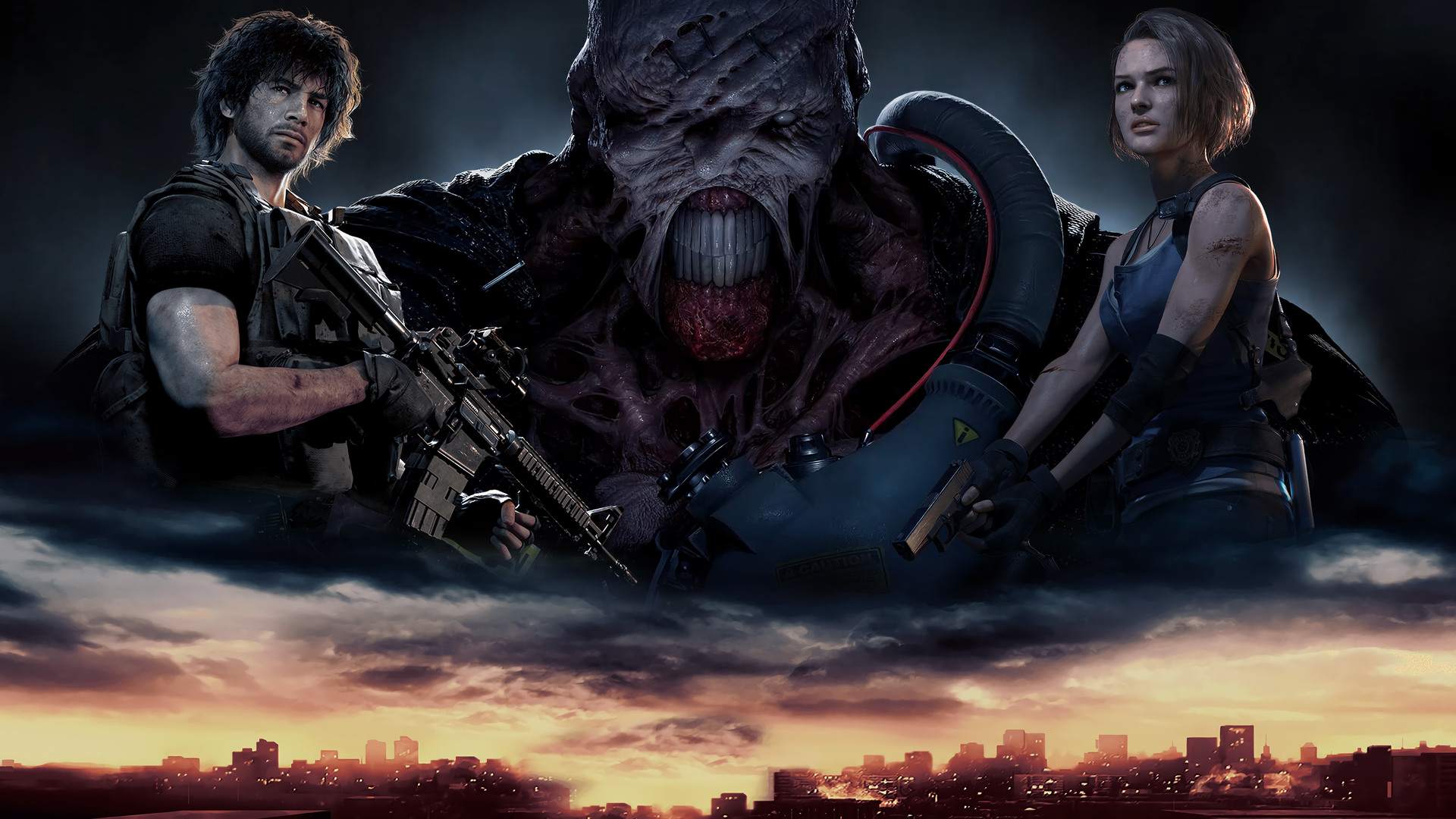
The opening times of Occupant Abhorrent 3 are staggeringly compelling at bothering you. A redo of the first 1999 game, Inhabitant Fiendish 3 puts the unpredictable and serious clash between hero Jill Valentine and the unwavering power of nature, Enemy, up front - giving way to major areas of strength for some ghastliness minutes that hotshot all that of what the series can offer. In any case, after that strong beginning, this return to a past period not just forgets about the kind of loathsomeness game that Occupant Evil used to be, yet additionally neglects to focus on what made the first so important.
Similar as 2019's Occupant Detestable 2, the change of Inhabitant Malicious 3 deciphers the exemplary endurance frightfulness game through a cutting edge focal point, updating areas and modifying key occasions to fit an essentially modified story. Occupant Underhanded 3 doesn't stray a lot from the equation set by the RE2 redo, yet it inclines harder into the activity centered incline the first form of RE3 had, giving you a few more prominent cautious abilities to make due. RE3's presentation is major areas of strength for a, conveying a crawling feeling of suspicion and fear that is inseparable from the series, and Jill Valentine indeed does right by be a certain hero to take everything head-on.
RE3 is a lot of a sidekick part of the past game, filling in as a concurrent prequel and spin-off that covers off the adventure in Raccoon City. There are even central issues in the story that anticipate that you should know about earlier characters or areas that bind back to the past change. While you won't pass up anything imperative for not having played RE2, a portion of the past game's most strong minutes are given more subtext in RE3. You'll ultimately encounter supporting characters like hired soldier Carlos Oliveira, the game's second playable person, alongside a few other obnoxious people hoping to exploit the confusion.

